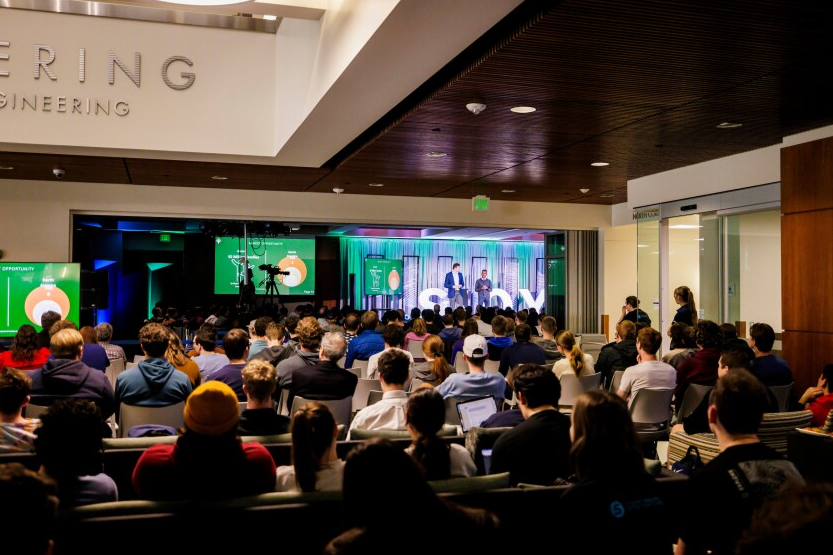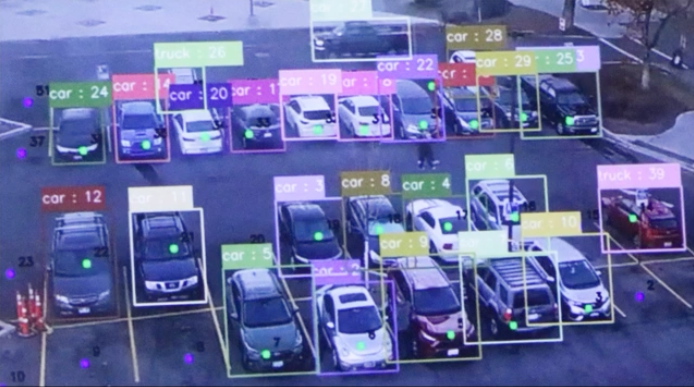Group of BYU students using AI tech to solve parking frustrations

PROVO, UTAH (ABC4) — Many students may be familiar with the struggle of endlessly driving around a campus parking lot with no luck finding a spot. One group of innovative students at Brigham Young University is working to solve this issue.
Using an AI detection and tracking system called Spot Parking, these students are looking to reduce parking violations in paid parking lots. According to a BYU press release, roughly 51 percent of parking violations on college campuses go undetected, which can make it challenging for those who paid for passes to find a spot.
READ NEXT: ‘It looked fake’: SpaceX rocket tears across southern Utah sky
The student team, which consists of Ryan Hagerty, Cooper Young and Dean Smith, said this technology can be expanded beyond college campuses — being used anywhere that uses paid parking, including airports and event venues.
They took first place at the 2024 BYU Student Innovator of the Year (SIOY) competition this month, giving them $12,000 to put toward their work.
“We knew Spot Parking had incredible potential, so we started searching everywhere for funding to help us get our idea off the ground,” Hagerty said in the news release. “SIOY has been an incredible experience to gain recognition and funding. Now we feel like we can really get started with parking enforcement.”

As cars enter a parking lot, Spot Parking uses cameras and AI to assign each of them a unique tracking identifier associated with their license plates. Parking stalls are also listed as occupied or unoccupied. Data is then passed on to parking enforcement through the Spot Parking app so they can see which stalls have cars parked illegally and how long they’ve been there.
“As we’re able to more consistently enforce parking policies, the people who park illegally will do so less often, opening up an estimated 27% more spaces on college campuses for people who actually paid for passes,” Hagerty said.

The BYU team said Spot Parking improves two existing solutions: vehicle-mounted license plate recognition cameras — which are affordable, but labor intensive — and individual parking sensors above parking spots which are lower maintenance, but costly.
‘New step in criminal justice’: Gov. Cox signs criminal restitutions bill
The student team hopes that Spot Parking could reduce the costs of parking enforcement by 65%, adding that this number is considerable as the average university spends upwards of $400,000 on parking enforcement each year.
They are also focusing on improving Spot Parking’s AI tracking accuracy, which they said is already at 95-97%, a higher number than other current methods.
Going forward, the Spot Parking team is also developing a live feature to give drivers real-time data on what stalls are available.
For the latest news, weather, sports, and streaming video, head to ABC4 Utah.

